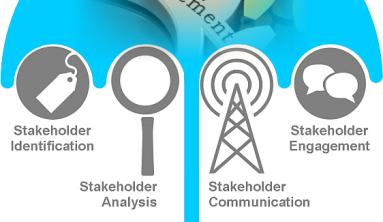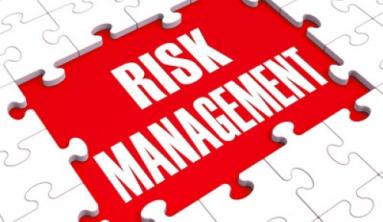Why MicroManagement?
Micromanaging is often necessary during significant changes, such as new leadership or new initiatives. It is crucial for managers and leaders to understand their team's processes and ensure compliance. However, micromanaging can be problematic if it leads to feelings of vulnerability and incompetence. Chronic micromanagers may struggle to let go, feeling vulnerable and responsible for their own work. To avoid this, leaders should check their ego and be more tolerant of risk. Empowering others by giving them ownership of their work is essential for a healthy organization.
Some micromanagers may feel empowered by exposing their incompetence, leading to feelings of exaltation. Abusive micromanagers may appear impressive, rob otherwise capable people of their power by picking apart their work without providing direction. Being micromanaged can be traumatizing, as it can feel like autonomy is being taken away and competence is questioned. People may feel patronized, belittled, and disrespected, leading to acute anxiety and high levels of stress.
The most common reason for micromanagement is the lack of trust and respect in the people they work with. Common signs of micromanagement include avoiding delegation, becoming overly involved, asking for frequent updates, wanting to be cc'd in every email, constantly complaining, and leaving no room for creativity and initiative.
When you form a partnership, there’s always the risk of one partner attempting to overstep and want to be the sole controller of the project. But it’s important to remember that this is a team effort. After you’ve looked into your software development team’s credentials, experience, and skills, you need to trust that they know what they’re doing.
Putting It All Together
Time and Place for Micromanagement
- Micromanagement is often necessary during significant changes, such as new leadership or new initiatives.
- Leaders are responsible for level-setting, compliance, efficiency, and understanding of everyone's work.
- Effective communication is key in micromanagement, ensuring transparency and understanding of the practice.
Challenges and Solutions
- Chronic micromanagers may struggle to let go due to feelings of vulnerability and responsibility.
- Leaders should check their ego and be more tolerant of risk.
- Empowering others by giving them ownership of their work is crucial for a healthy organization.
Downside of Micromanagement
- Some micromanagers feel empowered by exposing incompetence in their direct reports.
- Abusive micromanagers may appear impressive, assuming they have more power.
- They obsessively point out mistakes without providing direction.
Traumatizing Effects of Micromanagement
- Being micromanaged can feel like autonomy is being taken away and competence is questioned.
- People may feel patronized, belittled, disrespected, and report acute anxiety and high levels of stress.






